The United States and China have been locked in an ongoing test of strength for years now. Amid growing tensions, some analysts have worried that these violence-free maneuvers have led to a semi-cold war, which could escalate into something more serious in the near future.
So far, it appears the U.S.’s moves have kept Chinese aggression at bay — particularly after three U.S. Navy missile submarines surfaced as a warning to China back in 2010.
China’s Attempt to Intimidate the U.S.
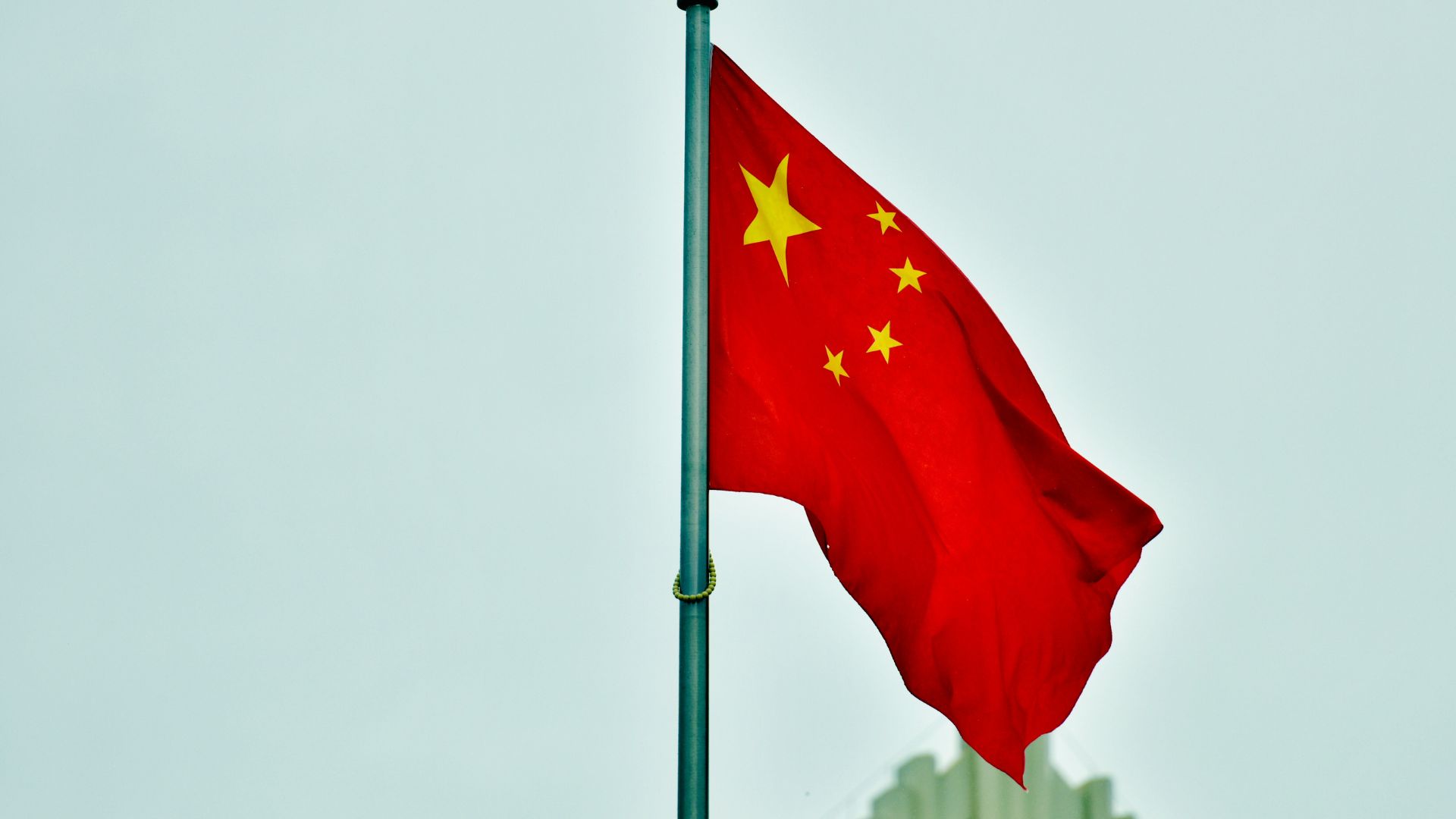
In 2010, U.S. officials began to grow wary of some of the moves that China was making, as it appeared that the country was trying to intimidate the U.S. with multiple signs of aggression.
For example, while the U.S. Navy was conducting a missile test in the East China Sea, Chinese military planes flew incredibly close to the U.S. Air Force, narrowly avoiding a dangerous conflict or accident.
Chinese Threats?
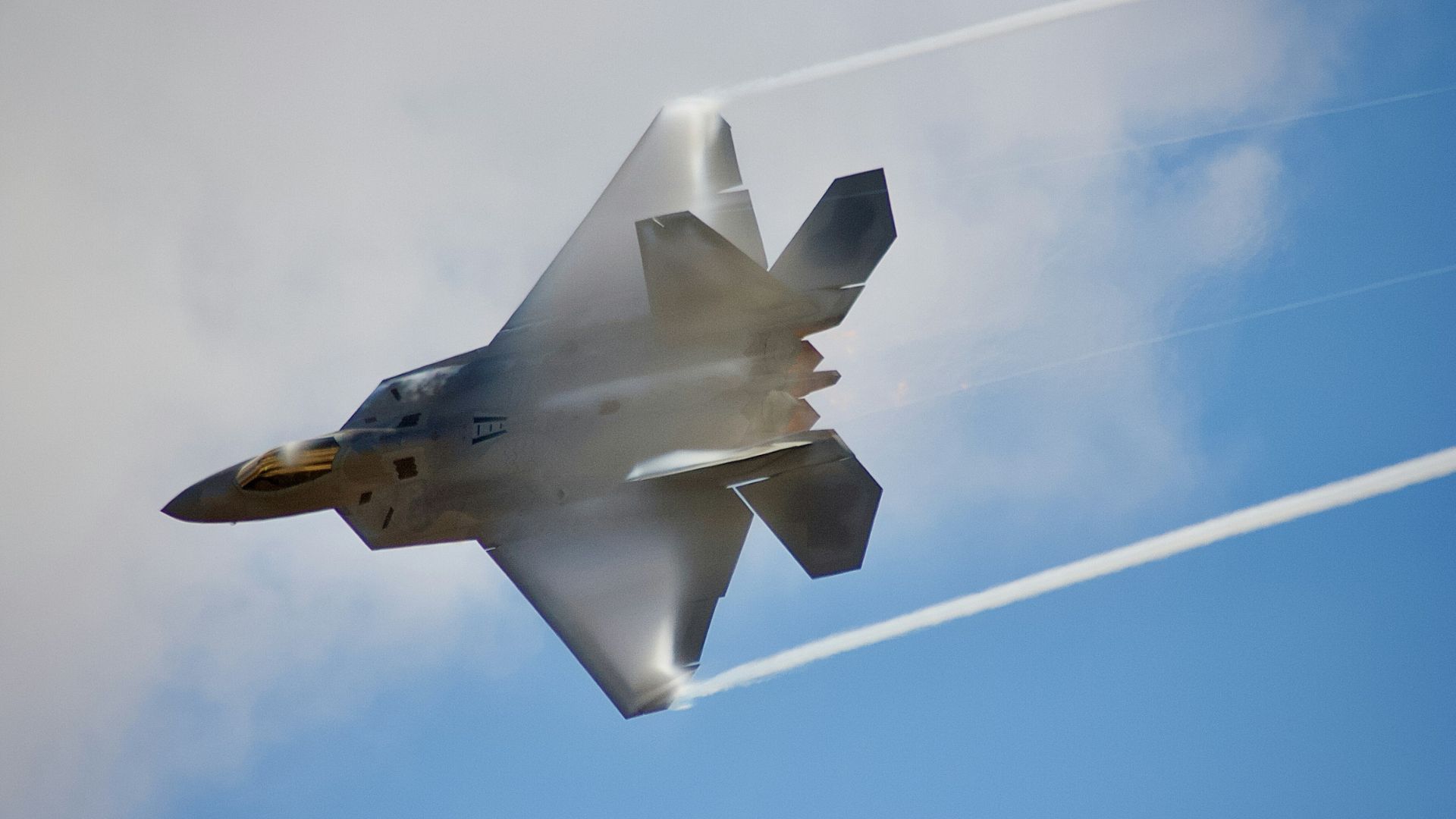
This situation led many U.S. officials to contemplate China’s endgame, as they were clearly being aggressive in their maneuvers.
The U.S. came to the conclusion that the Chinese military wasn’t just giving a thinly veiled threat to the U.S. military — they were also showing aggression towards Taiwan.
China vs Taiwan and the U.S.

This Chinese incident between the U.S. and the Chinese military during a military exercise was China’s attempt to show that they were more than prepared to take on Taiwan — and they had the planes, missiles, and military prowess to do it.
The independent country of Taiwan is a small island about 100 miles off the coast of South China. China has long believed that Taiwan is actually part of its territory, which has put it in conflict with the U.S., which backs an independent Taiwan.
Why the U.S. Supports Taiwan

There are various reasons why the U.S. has always publicly supported Taiwan, even with China’s increasing signs of aggression towards the small island nation.
The U.S. feels that an independent Taiwan can help keep the region secure, as it lies by China, South Korea, and Japan.
Influence in the Indo-Pacific Region

Thanks to its ties to Taiwan, the U.S. is able to keep its influence in the Indo-Pacific region. If China were to successfully force Taiwan to become a part of its country, this could all change.
China would have more capabilities to limit the U.S. influence in the area and could gain success in further pushing U.S. interests out of the entire region.
A Difficult Time
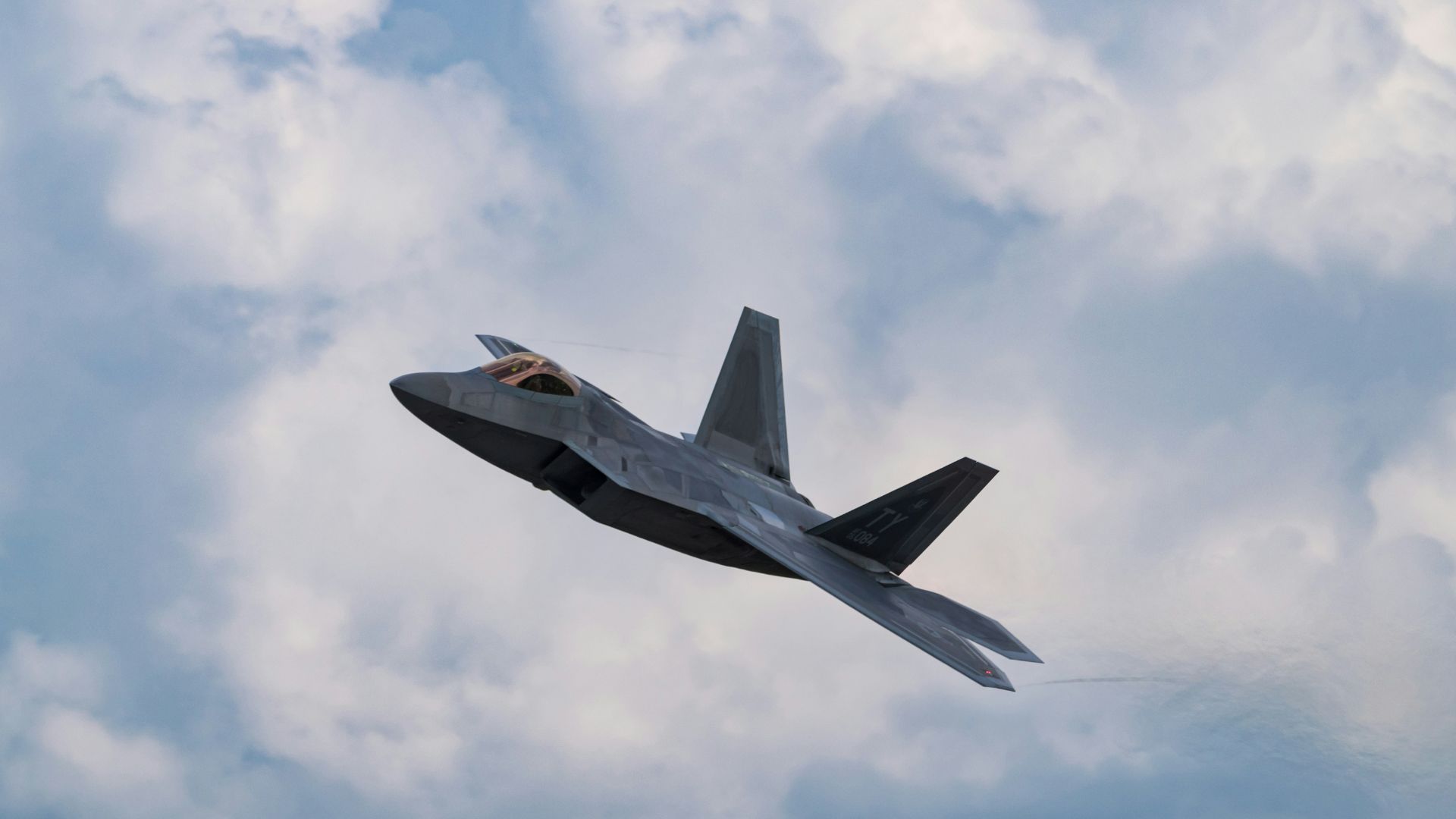
Therefore, after this military exercise that was interrupted by close-flying Chinese military planes, the U.S. decided to show China just how powerful they could be.
This show of strength was also conducted to further align the U.S. with Taiwan, as officials in America have always said they will protect the country from Chinese invasion.
Clashes Are Reaching a Head Over Taiwan
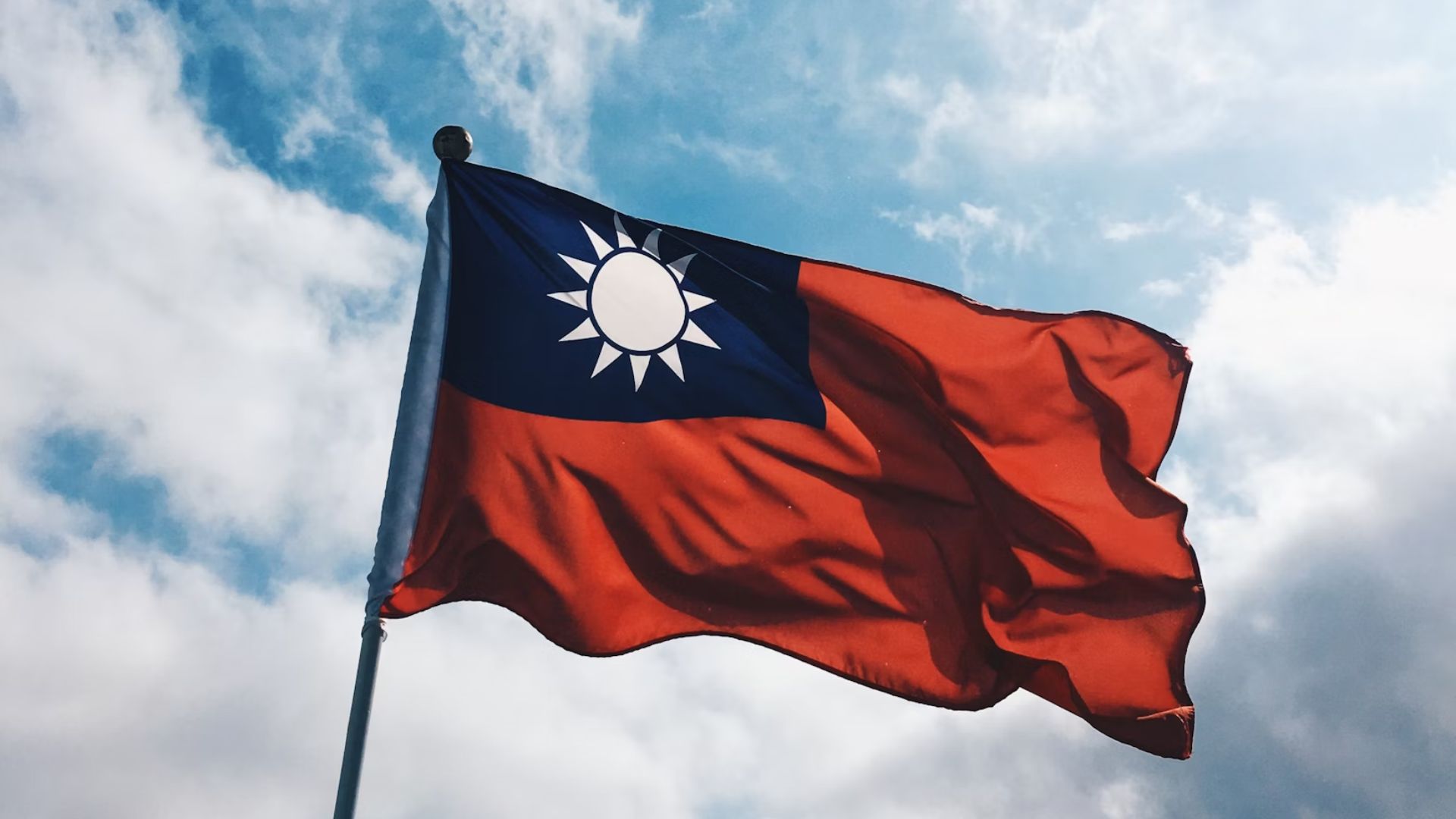
President Xi Jinping has escalated tensions between China and the U.S. somewhat over recent clashes over Taiwan.
President Xi told the president of the European Commission, Ursula von der Leyen, that America was trying to provoke China to attack Taiwan. He also issued this warning to several domestic officials in China. The reason he says this is because the U.S. has upped the amount of weapons it is supplying to Taiwan.
Forging New Pathways in Trade Is Proving Difficult
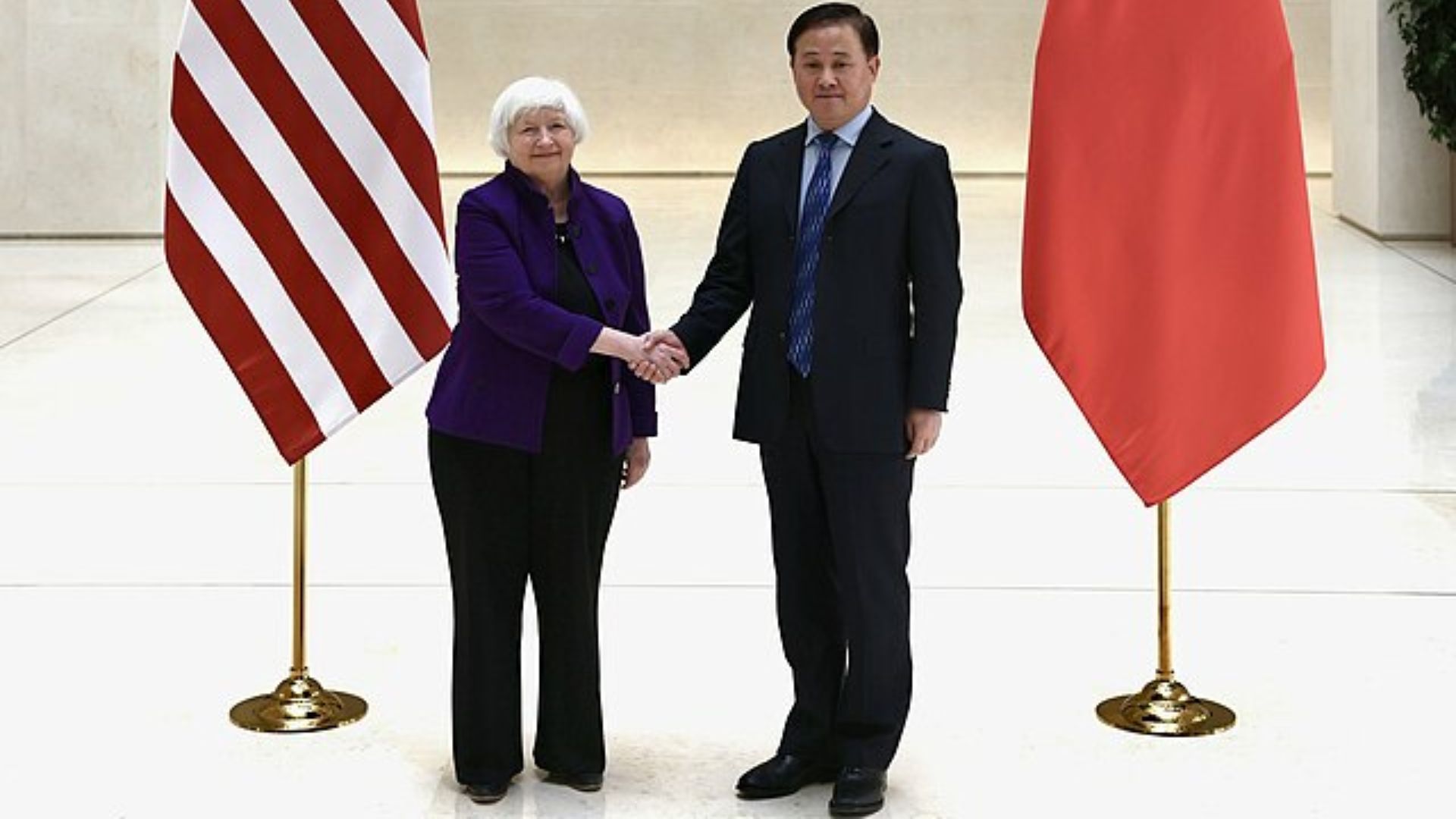
Taiwan remains a volatile subject between the U.S. and China, when discussing both military and economic ties. However, this is not the only conflict that the two countries have over trade.
Talks between the U.S. Treasury Secretary, Janet Yellen, and the Governor of Central Bank of China, Pan Gongsheng, proved unproductive around China’s highly state-subsidized renewable energy infrastructure. Yellen has said that this subsidies do not allow the U.S. to compete in this field.
A Move Off the Coast of China

In 2010, the U.S. decided to show its own strength off the coast of China by simultaneously surfacing three of the Navy’s guided missile submarines.
This move came during a period when both countries were showing tests of strength to each other, causing some tensions to grow.
Surfacing Three Submarines
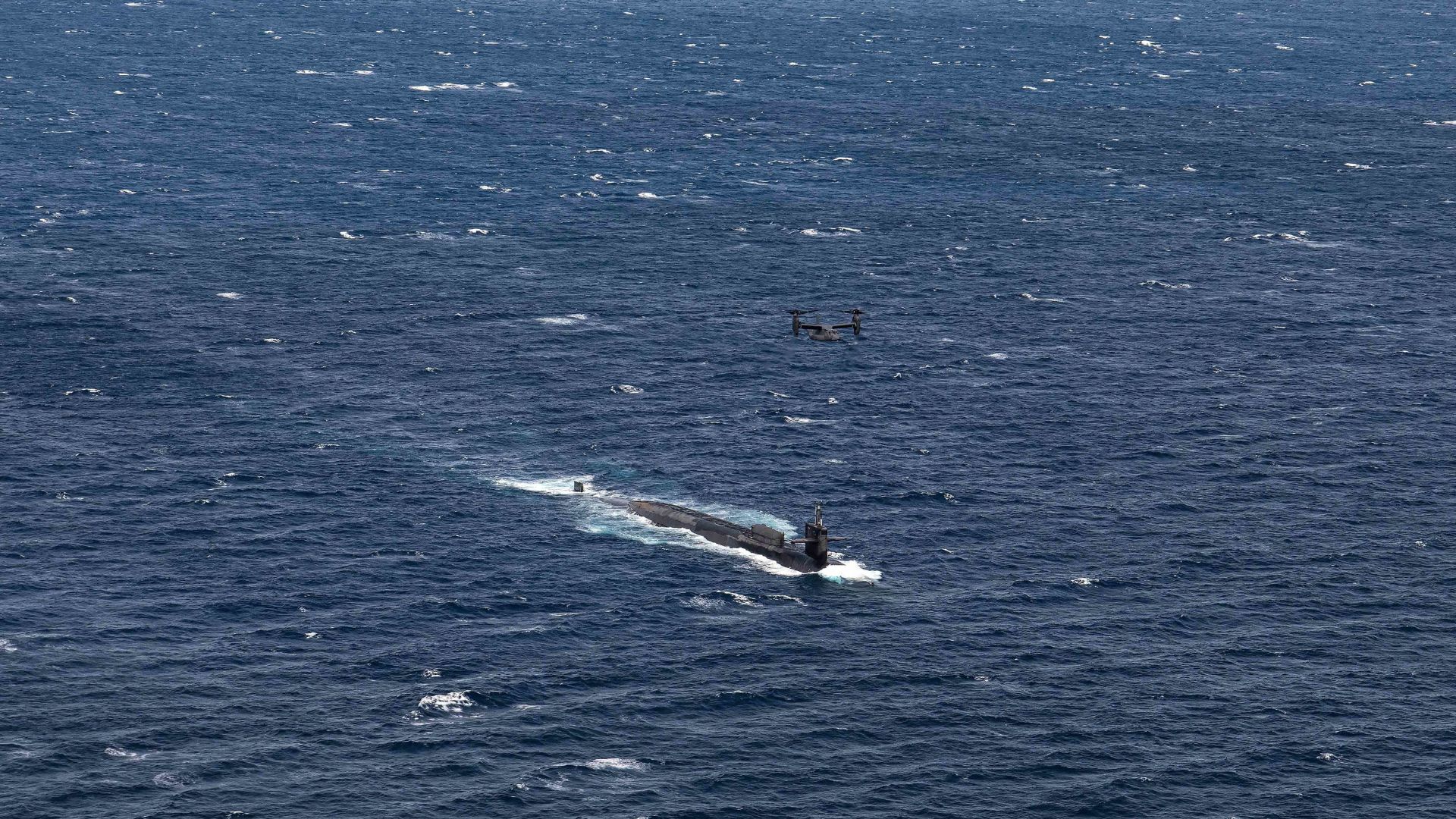
The U.S. Navy surfaced three submarines that carried missiles: the USS Florida, the USS Michigan, and the USS Ohio.
This maneuver allowed the U.S. to show how powerful its military submarines were — and also how close they could get to China’s borders without necessarily being immediately detected.
Powerful Submarines

These three submarines that the U.S. surfaced around China in 2010 were indeed powerful. The ships carried 462 Tomahawk cruise missiles, which have a range of about 1,000 miles.
By arising in this location in the Indian Ocean, the U.S. was sending China a message that they could reach its territory easily in worst-case scenarios.
A Simple Coincidence

According to the U.S. Navy, the surfacing of these three missile-carrying submarines was simply a coincidence. It wasn’t intended to be anything else but this.
Of course, it appears China saw through this — and took it for the show of strength that it was. This event worked in the U.S.’s favor, as China still hasn’t made any military moves towards Taiwan in the 14 years since.
The Point of Surfacing The Submarines
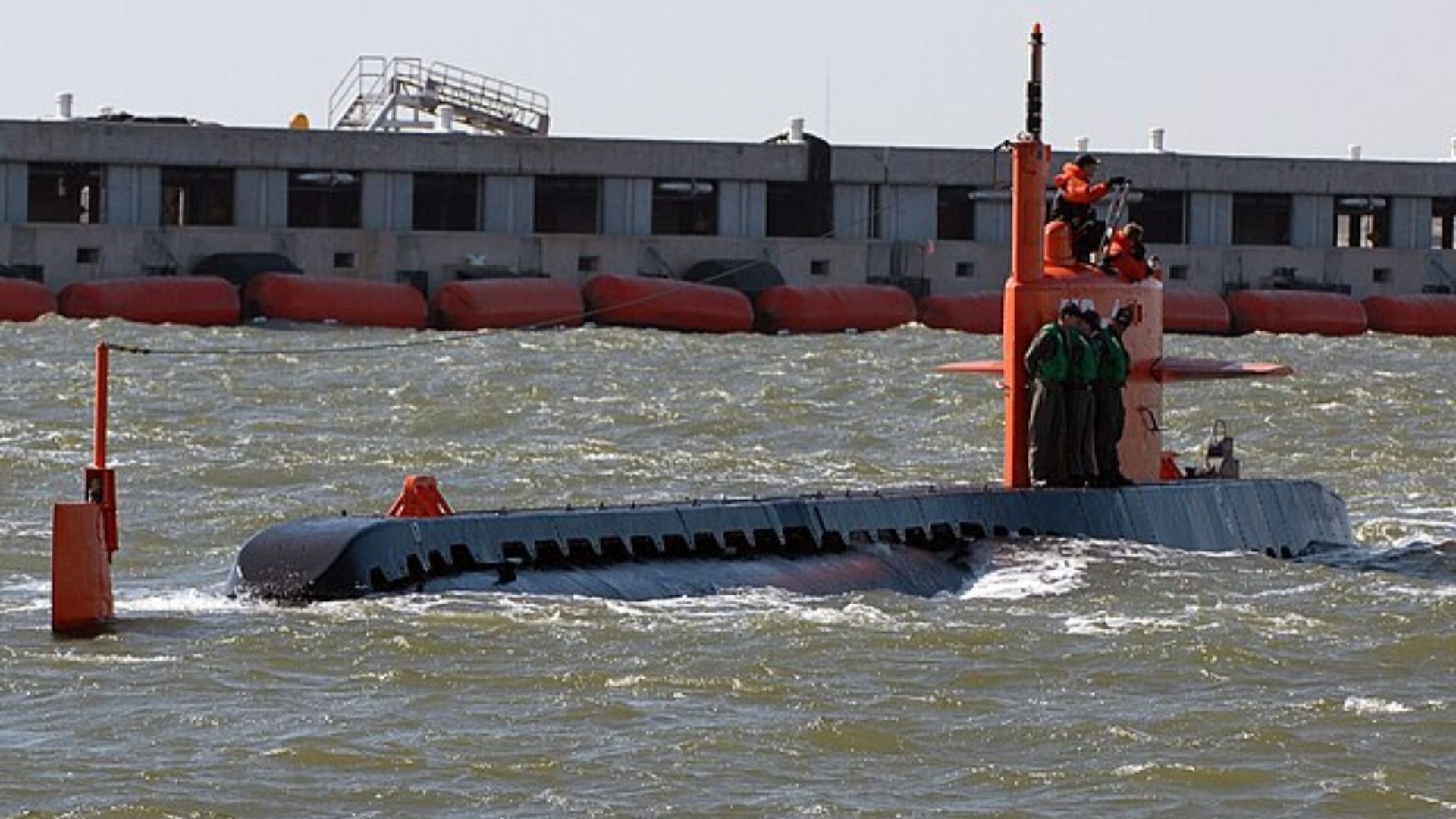
Impressive as it is, what is the point of surfacing the submarines? Well, the prowess is not so much in the action, but the power of the vessels the U.S. Navy was surfacing.
These submarines are capable of firing a total of 72 ballistic missiles. While China’s anti-submarine technology has advanced by leaps and bounds, they had no credible defence against these submarines in 2010.
Behind The Scenes
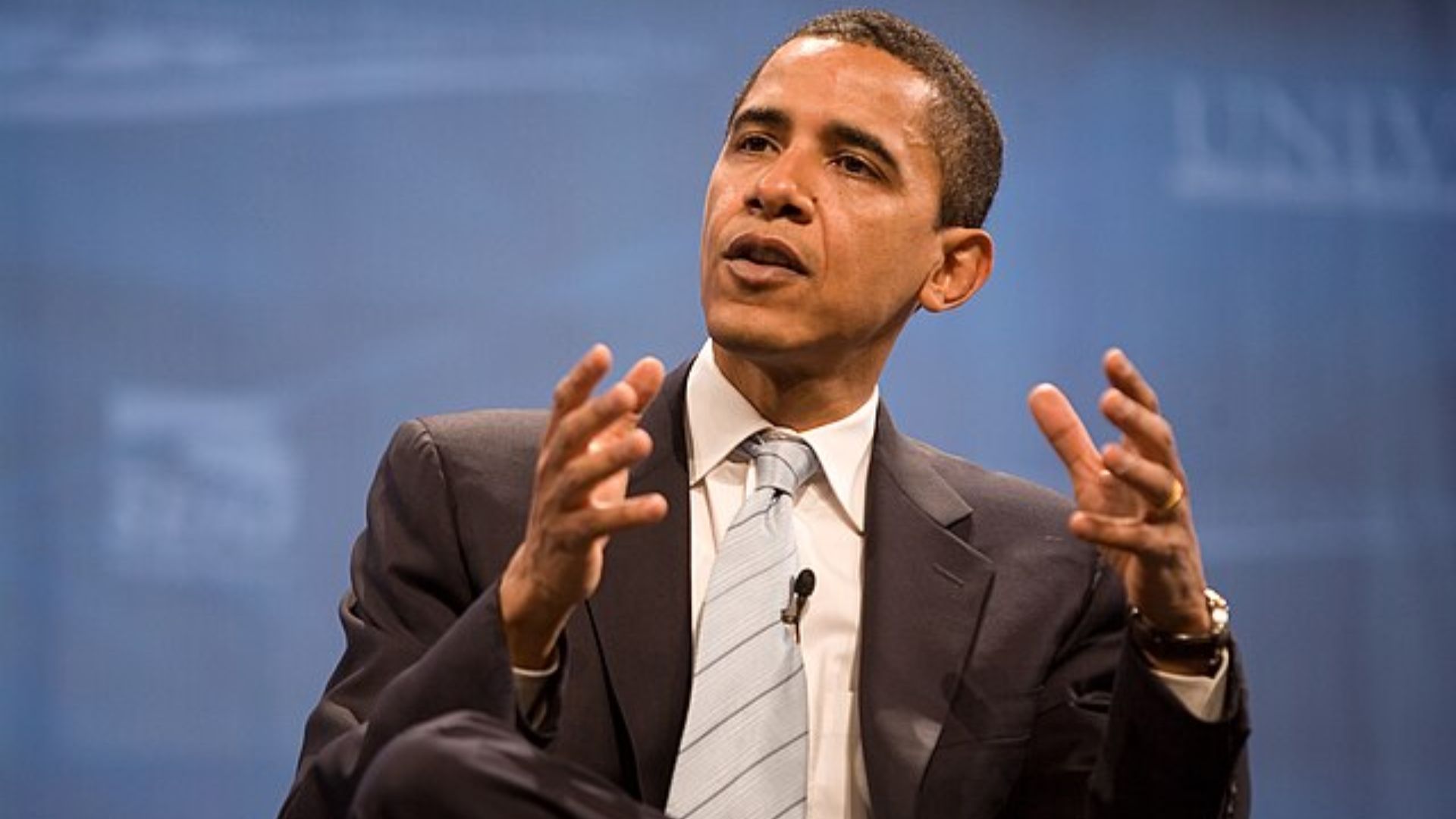
This move did not come out of nowhere. By 2010, we were two years into Obama’s first term, two years into the financial crash, and America was deeply humiliated during the wars in Iraq and Afghanistan.
The Chinese government had been challenging the new president since his inauguration. The most obvious provocations were the illegal building of manmade islands in the South China Sea, and provoking Japan over control of the Senkaku Islands.
Ignoring Was Not Working

China was provoking the U.S. not only at the arrival of a new president, but at the transition from a Republican to a Democrat administration altogether.
Originally, the Assistant Secretary of State for East Asian and Pacific Affairs, Kurt Campbell, encouraged Obama to ignore the breadcrumb trail. But the more Obama ignored, the more aggressive China became, and less willing to collaborate with the States.
The States Was Turning Its Attention to the Pacific
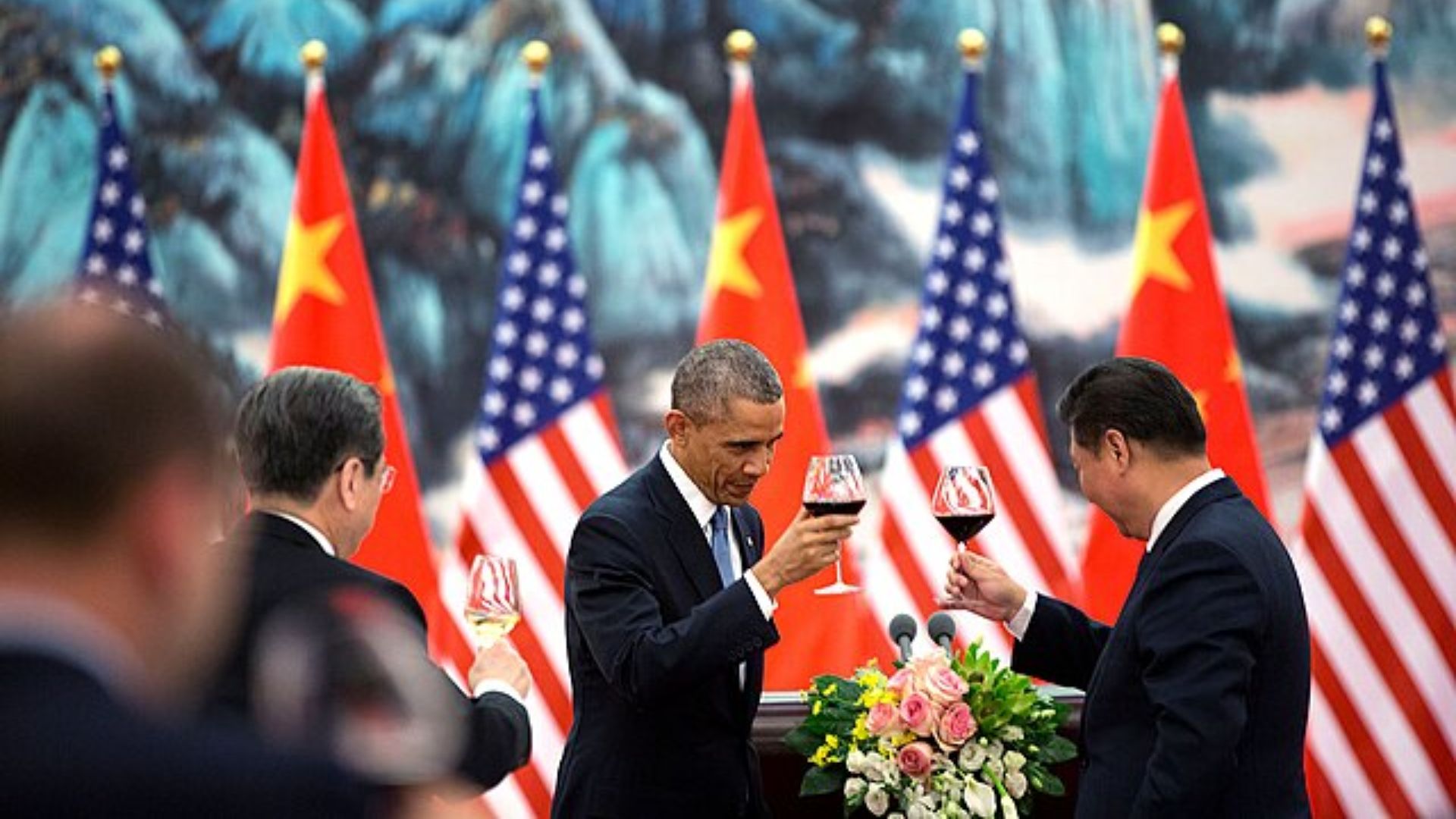
At this point, the Obama administration was finding less and less prospects in the Middle East because of the wars. In an effort to build strong relations elsewhere, the U.S. announced its Pivot to Asia.
The U.S. signed a series of basing agreements with several Asia-Pacific nations, including Australia to establish new economic and political ties. Fostering a solid relationship with China was crucial during this period.
The U.S.’s Message To China
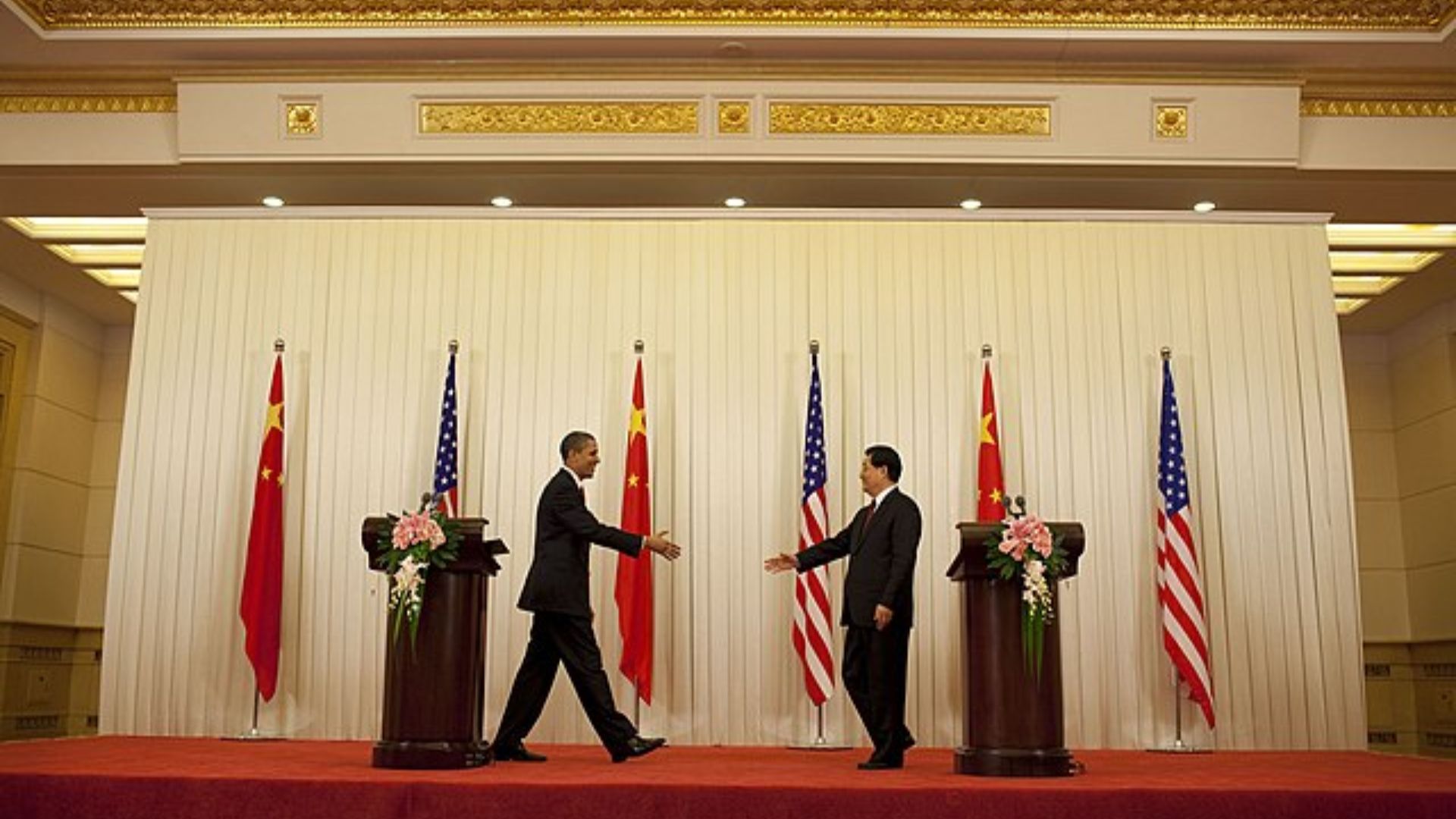
The bigger picture makes the surfacing of the submarines much clearer. Why would Obama surface these three submarines when he was trying to establish new relations with Asia-Pacific countries?
Essentially, Obama wanted to work with China, but also needed to tell China to behave itself so that they could deal with each other. The Obama administration could not pivot to Asia while constantly sparring with China without any cooperation.
Economic Moves Are Currently Raising Questions

Increasing tensions between the two superpower nations do no just manifest themselves through chest-puffing with their respective militaries. How they go about their economic ties to each other also speaks volumes about the power dynamic between them.
China has recently let go of U.S. treasuries and foreign exchange reserves. China is the world’s largest holder of foreign exchange reserves and it is estimated that about 60% of these are in U.S. dollars.
China Is Competing with the IMF For Restructuring Programs
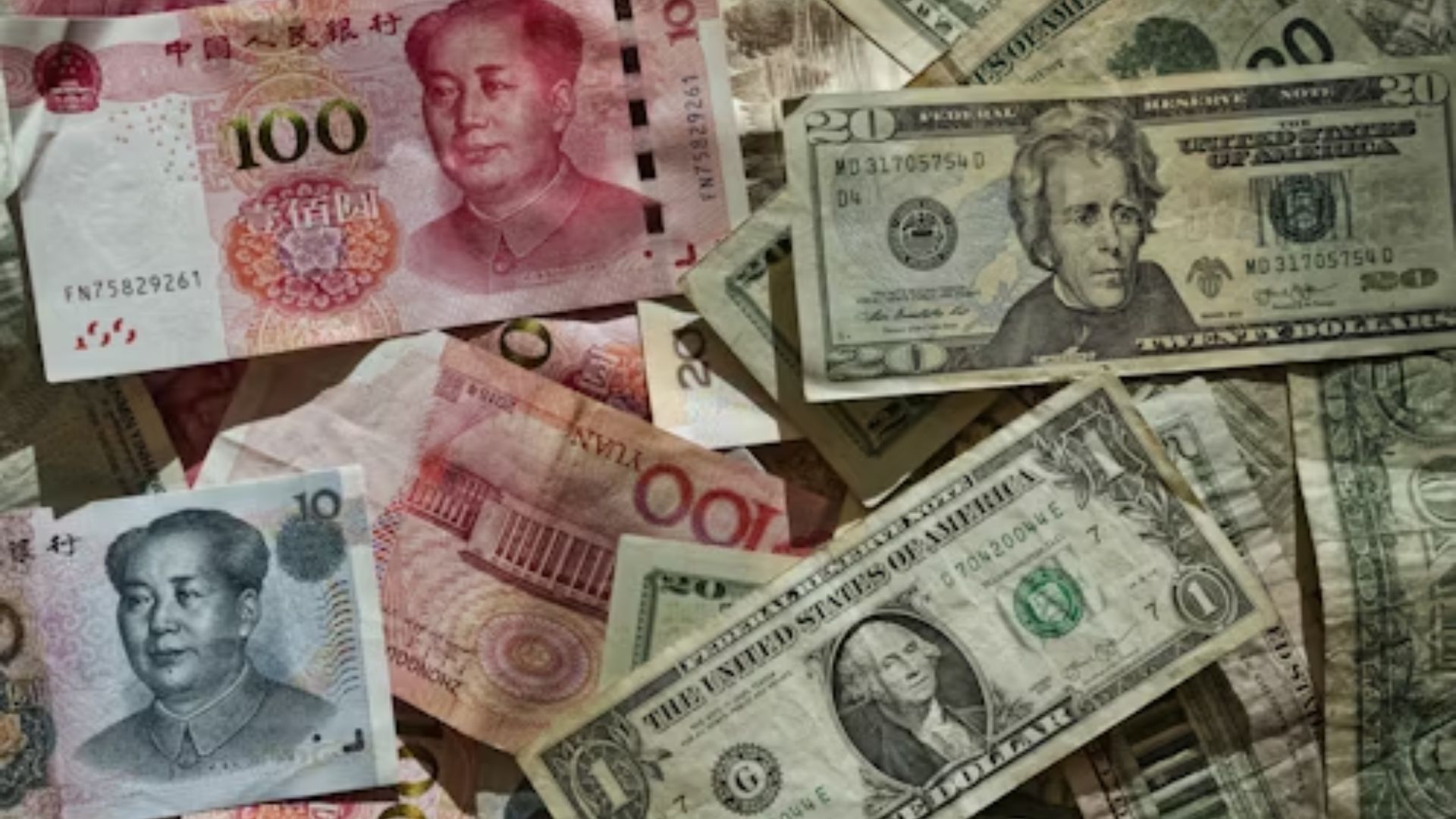
The International Monetary Fund (IMF) is a western-led organization that has long been the go-to group for countries down on their luck financially looking for loans or restructuring programs.
The tide may be beginning to turn for the IMF as China has started developing long-term restructuring plans to countries that are in severe economic turmoil, most famously, Sri Lanka. China is also keen to set up such plans with Zambia and potentially Ghana.
China Is Stepping Away From The Dollar
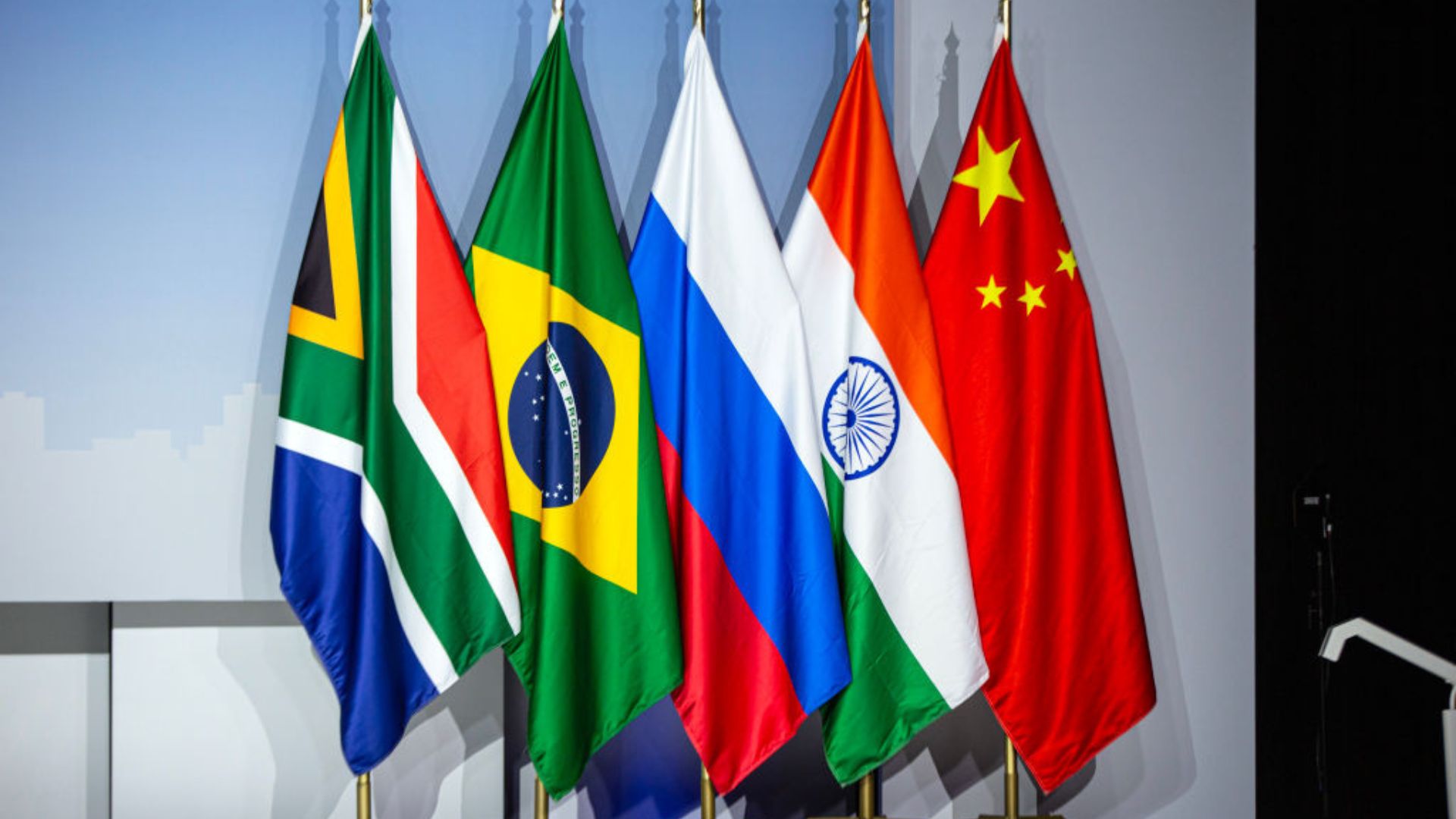
China’s recent step back from the dollar is not an isolated event. The fastest growing economies in the world are offloading U.S. Treasuries extremely quickly.
As of June, China had dumped around $53 billion in treasuries while. The other BRICS countries (Brazil, Russia, India, and South Africa) have also been selling off U.S. Treasuries and increasing their foreign exchange reserves, particularly in gold. This is a huge blow to the American economy.
The U.S. Is Also Backing Away From Trading With China

While China is shaking off its American securities and foreign exchange reserves in search of lower-risk assets, the U.S. has its own plans.
The damage China’s shedding of the dollar will not cause major damage as European and Japanese holdings of U.S. Treasuries and reserves are greater than those of China. In the meantime, Wall Street is looking to other countries to trade with such as South Korea, India, or Australia.
Maybe The 2010 Move Did Not Work
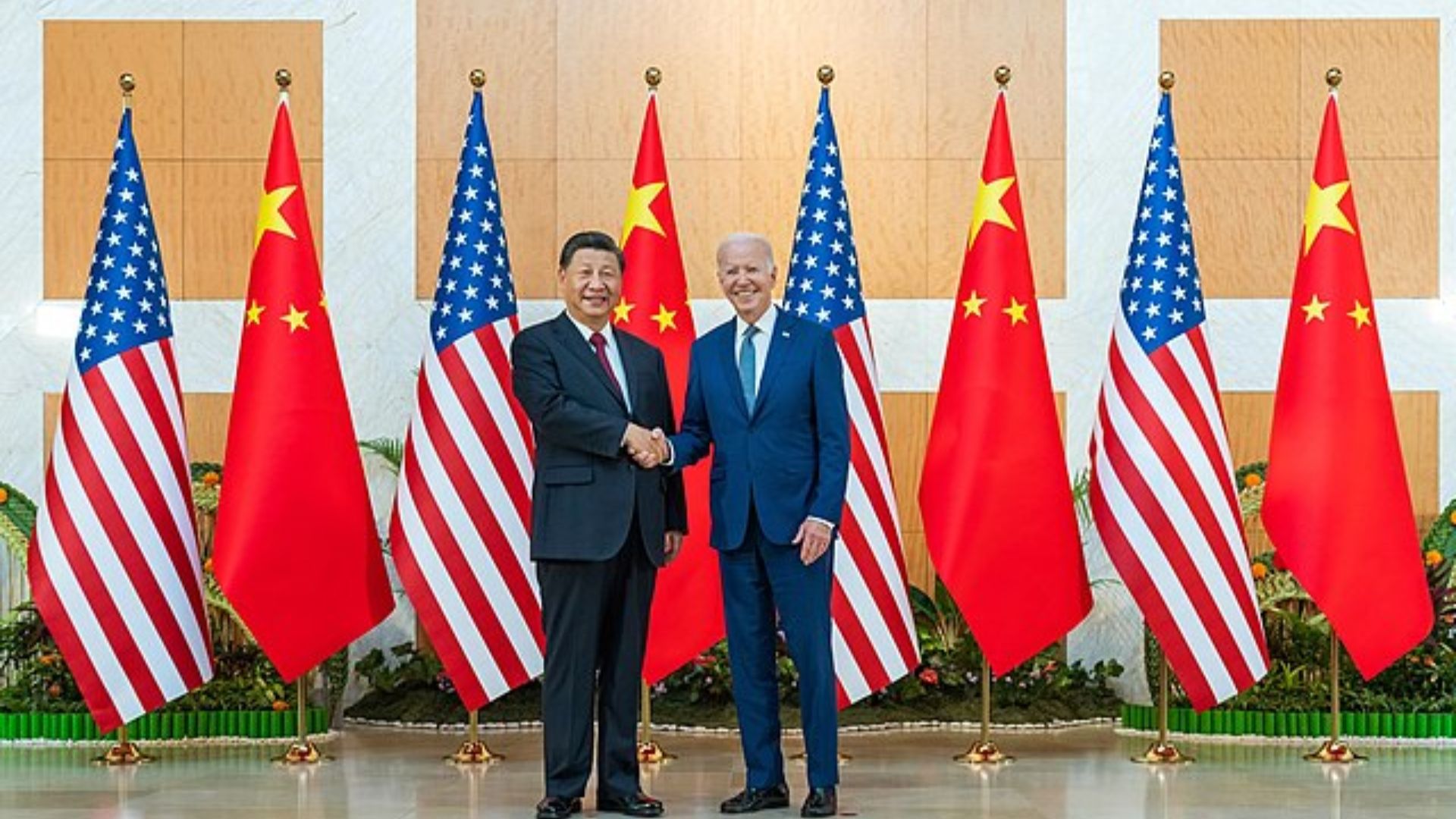
Whether the surfacing of the submarines worked is hard to say. It certainly did during Obama’s administration. China started to cooperate more with the U.S. and dialled down the provocations for a while.
However, tensions and clashes continue to rise and fall between the two nations, not just between their respective military, but on a diplomatic and economic level too. In the long term, Obama’s move was just a drop in the ocean.
An Uncertain Future

Now, an uncertain future for the U.S. and China has officials worried. Though China’s President Xi Jinping has always created a friendly relationship with U.S. presidents — including both President Joe Biden and former President Donald Trump — China has continued to make aggressive moves towards Taiwan.
Meanwhile, Trump, who is running for a second term against Biden, has often gone against China for various issues, leading some analysts to worry that a conflict between the U.S. and China could happen if Trump were to win the November election.
